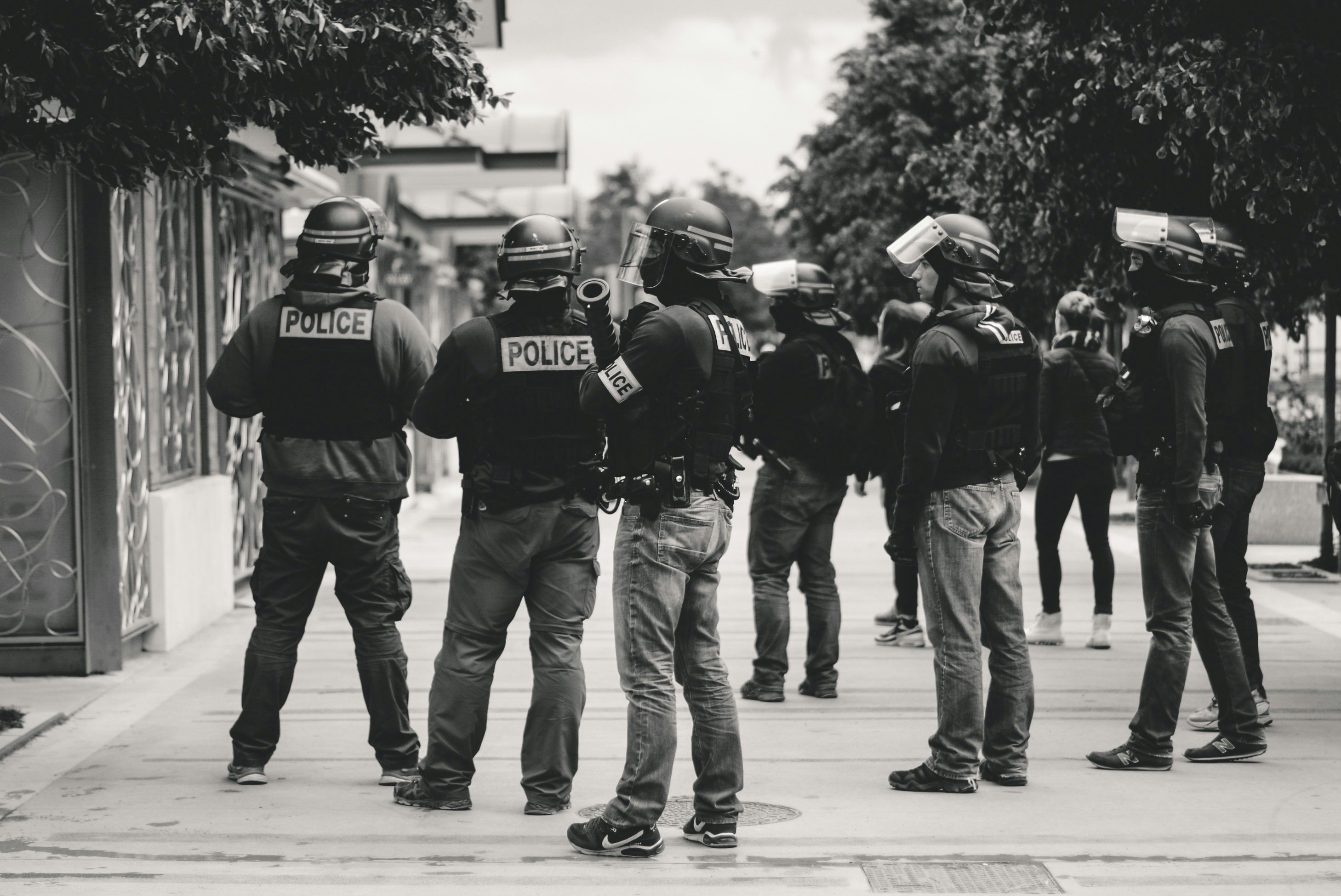-

Otto Adang is chair of public order management at the Police Academy of the Netherlands, and professor by special appointment in security and collective behaviour at the University of Groningen, the Netherlands. His research Programme “Managing Dangerous Situations” focuses on interactions between police officers and citizens in a variety of (potentially) conflictual or dangerous situations.
He has published extensively on issues dealing with public order management and police use of force, both lethal and less-than-lethal (especially pepper spray and electric control devices). Recent publication: Otto MJ Adang, Bas Mali, Kim Vermeulen (2023). A prospective Police Technology Assessment of the use of non-penetrating projectiles for public order maintenance and riot control.Policing: A Journal of Policy and Practice. Volume 17, 2023, paad076. DOI: 10.1093/police/paad076.
-

Keymer Ávila became a lawyer Magna cum Laude at the Central University of Venezuela (UCV), and holds a Master’s Degree in Criminology, Sociology and Criminal Law from the University of Barcelona (UB). He is researcher at the Institute of Criminal Sciences of the UCV, and Professor of Criminology at the same university as well as a collaborator of the Observatory of the Penal System and Human Rights of the UB.
His research interest lies with penal systems, both in their dynamic dimensions (security, police, criminal investigation, legislation) and their static dimensions (theories, ideologies and punitive rationalities). He has published more than forty articles on these topics in peer-reviewed journals, chapters in edited books, and technical reports. He has been an advisor to various public institutions and human rights NGOs in Venezuela about these issues. He is founder and director of the Monitor of the Use of Lethal Force in Venezuela (MUFLVEN).
-
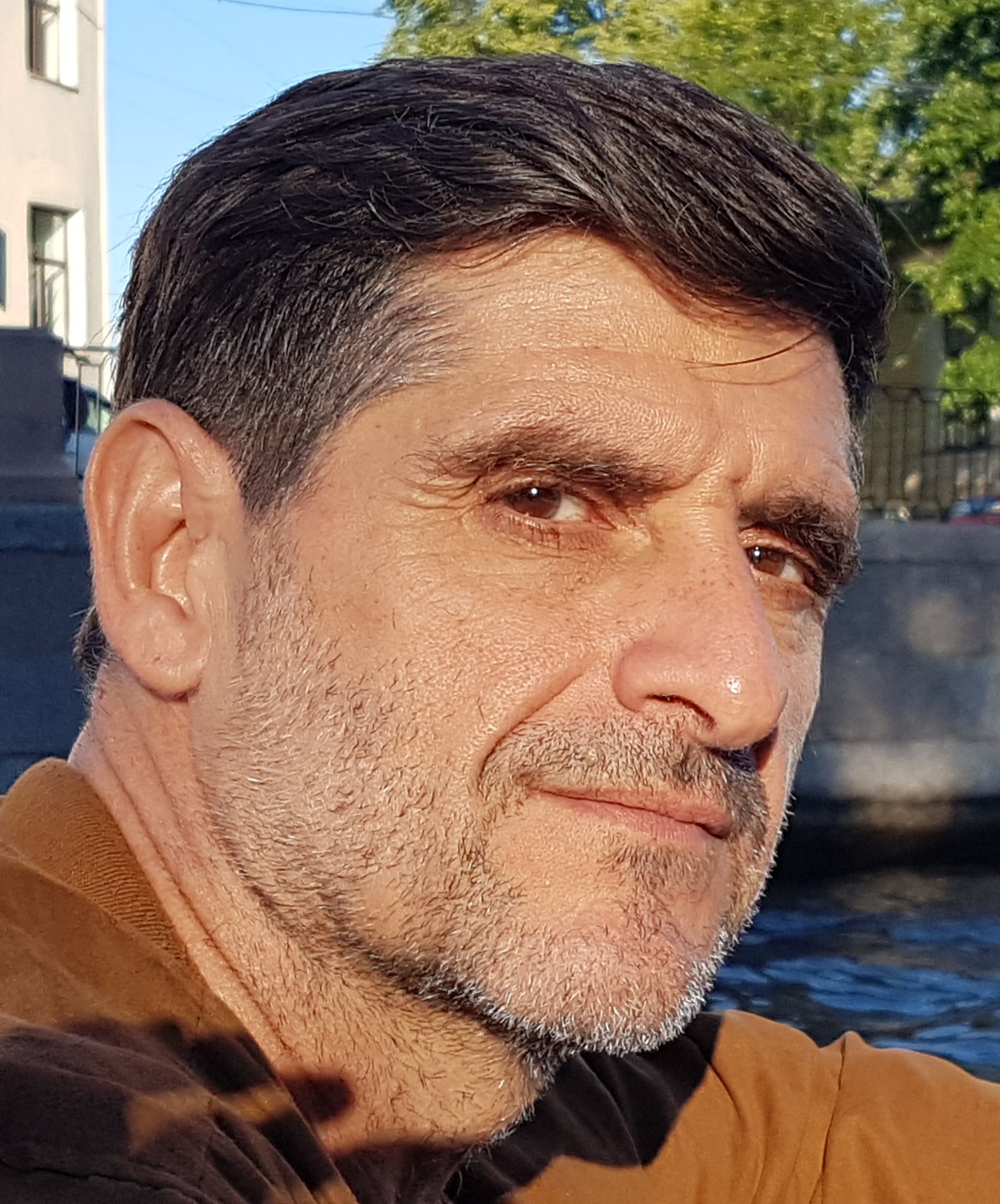
Ignacio Cano got his joint PhD in sociology and social psychology at the Universidad Complutense de Madrid (Spain) in 1991. From 1991 to 1993 he worked in attention to refugees and war-stricken populations in El Salvador, with UNHCR, and was a member of the United Nations Truth Commission for El Salvador. He later developed post-doctoral research at the universities of Surrey and Lancaster (UK), and Michigan and Arizona (USA), centred on research methodology and programme evaluation. From 1996 onwards, he has worked in Rio de Janeiro (Brazil) on topics related to violence, human rights, public security, and education, in an NGO called ISER. In 2000, he joined the department of social sciences of the State University of Rio de Janeiro, where he became a full professor of sociology. He is a founder of the Laboratory for the Analysis of Violence (LAV) of the same university. He has also undertaken impact evaluations of several public security interventions in the region. In 2020 he was a researcher at the African Civilian Oversight Police Forum (APCOF) and at the Safety Lab, both in Cape Town, South Africa. In 2022 and 2023, he has been a researcher at the Institute of Social Research (IIS) of the Autonomous University of Mexico (UNAM).
-

Jasper De Paepe is a PhD fellow and researcher in the research group ‘Governing & Policing Security’ (GaPS) in the Department of Public Governance & Management at Ghent University. His main research interest lies in the management of police innovation and resilience.

Abi Dymond is Associate Professor in Criminology at the University of Exeter and previously worked for a range of UK NGOs, including the Omega Research Foundation where she focused on police use of force and human rights.
Her current research interests and impact work focus on the use of less lethal weapons by the police and in places of detention. She received the ESRC Impact Prize in 2018 for her work on the new police use of force reporting requirement in England and Wales that is discussed throughout the report.
-

Marleen Easton is Professor and chair of the research group ‘Governing & Policing Security’ in the Department of Public Governance & Management at Ghent University. She has twenty years of experience conducting qualitative, empirical research on policing and security related topics. Since 2014 she is president of the Belgian Innovation Centre for Security (IUNGOS). Since 2017 she is adjunct professor at the Griffith Criminology Institute participating in the Evolving Security Initiative by running its Ghent hub (ESI@GNE).

Ross Hendy is a lecturer in criminology at Monash University and a board member of the Police Registration and Services Board, Victoria, Australia. Before his work in Australia, he served approximately 13 years as a sworn officer with New Zealand Police. His research interests lie in police operational behaviour, police use of force, and comparative police research. He has conducted empirical research with police officers from Australia, England, New Zealand, Norway and Sweden.
His work on this report was supported by a British Academy Visiting Fellowship (Grant number VF2\100596) hosted by the University of Exeter, England.
-
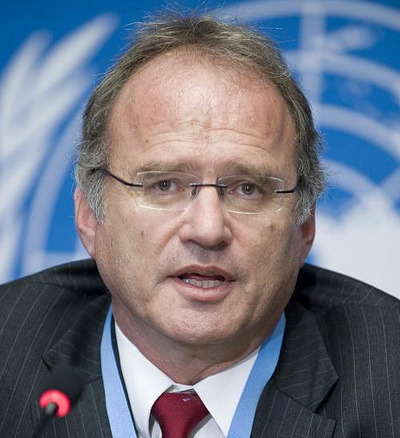
Christoffel Hendrik Heyns (1959–2021) was a Professor of Human Rights Law, Director of the Institute for International and Comparative Law in Africa as well as formerly Director of the Centre for Human Rights at the University of Pretoria. He also was a member of the United Nations Human Rights Committee and had served as United Nations Special Rapporteur on extrajudicial, summary or arbitrary executions.
As both a lawyer and a thinker, he has influenced legal systems around the world with his advocacy for regional mechanisms as part of a global system for the protection of human rights. As a Pan-Africanist, he was particularly eager to enhance the collaboration between the UN and the African Union’s African Commission on Human and Peoples’ Rights.
-

Dumisani Gandhi is a PhD student at the Centre for Human Rights at the University of Pretoria, exploring the relationship between new technologies and more effective or accountable policing, with a critique of deterministic optimism projected from a northern evidence-base (co-supervised by Thomas Probert).
-

Paul Le Derff did his PhD on lethal policing in France, 1990-2016.
He is now doing a Postdoc at the University of Bordeaux’s Emile Durckheim Centre, in the UNEQUALCITIZEN project.
-

Stuart Maslen is Honorary Professor at the University of Pretoria. He holds a doctorate in the law of armed conflict and master’s degrees in international human rights law and forensic ballistics.
As well as participating in global weapons law treaty conferences (for UNICEF and the ICRC amongst others), he teaches international human rights and humanitarian law, disarmament law, jus ad bellum, and the protection of civilians as well as writing and editing various books on the subjects.
-
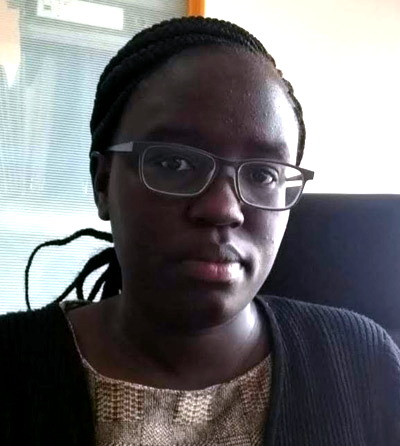
Beryl Orao is PhD student at the Centre for Human Rights of the University of Pretoria, working on ‘The Freedom of Peaceful Assembly and the Use of Force by Law Enforcement Officials: Rules and Accountability in Kenya’.
Particularly interested in Human Rights and Democracy, Law Enforcement, and Legal Analysis, she was previously Senior Human Rights officer in Kenya.
-

Lily Oyakhirome is pursuing a PhD on the role of social activism in pursuing police accountability for police abuse of power in Africa, at the Centre for Human Rights at the University of Pretoria.
Lily has previously acquired her Master of Law degree at Pretoria, and lectured at the faculty of law of the University of Benin (Nigeria).
-
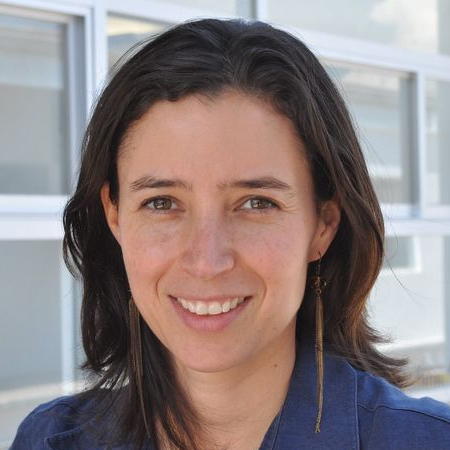
Catalina Pérez Correa is a Mexican lawyer and academic. She has published several books and academic articles on Mexico’s criminal justice institutions, drug policy in Latin America, criminal punishment, and militarization in Mexico. She has been a professor at the Law School of the National University (UNAM), a researcher at the Institute for Legal Research at UNAM, and a visiting fellow at the Schell Center for International Human Rights at the Yale Law School.
Catalina is also a collaborator with various prominent media outlets in Mexico such as Animal Político, Nexos Magazine and, El Universal, the largest newspaper in the country.
-

Thomas Probert is Lecturer at the University of Pretoria, heading the Freedom From Violence research group, focusing on evidence- and human rights-based approaches.
His main interests are: The politics of human rights (in global and regional settings), accountability, the death penalty, trends in interpersonal violence, evidence-based policy-making with respect to violence, and the history of human rights.
-

Brian Rappert is a Professor of Science, Technology and Public Affairs at the University of Exeter.
His long term interest has been the examination of the disclosure and concealment of information in situations characterised by uncertainty and disagreement. His books include Controlling the Weapons of War; Biotechnology, Security and the Search for Limits; How to Look Good in a War and The Dis-eases of Secrecy.
-
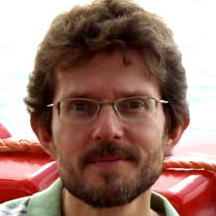
Stephen Skinner is a Professor of Comparative Legal History and Legal Theory in the University of Exeter’s Law School.
His research interests span the history and theory of criminal law in democratic and non-democratic systems during the twentieth century, and the application of the Right to Life under Article 2 of the European Convention on Human Rights to police uses of lethal and life-threatening force. His publications include a monograph entitled Lethal Force, the Right to Life and the ECHR: Narratives of Death and Democracy (2019).
-
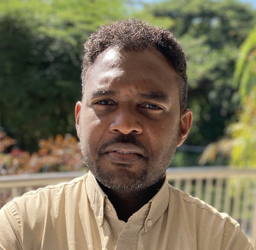
Tarik Weekes is a Research Fellow in the Centre for Criminal Justice and Security within the University of the West Indies.
Since 2012, he has been the Principal Investigator for a Gang Observatory Project in Jamaica and his work explores environments of facilitation and hindrances within which different kinds of criminal networks and organizations operate. His contribution to fatal shootings discussions is based on an interest in the causes for reforms within security sectors and what these reforms change in the environments criminal networks and organizations operate. Weekes is a member of Monitor Fuerza Letal, a grouping of researchers across nine countries measuring the use and abuse of lethal force homogeneously for international comparison.
https://lethal-force-monitor.org/wp-content/uploads/2024/04/avila.jpg
